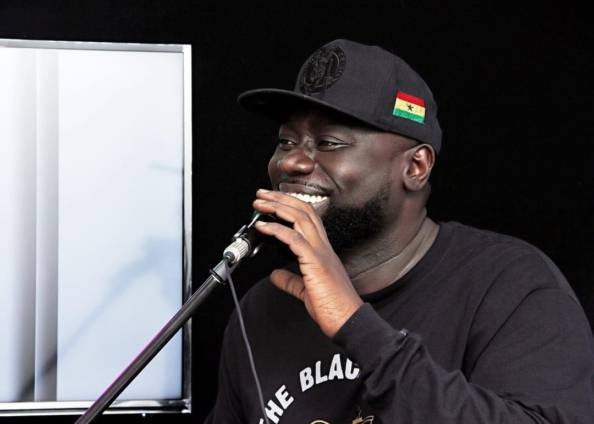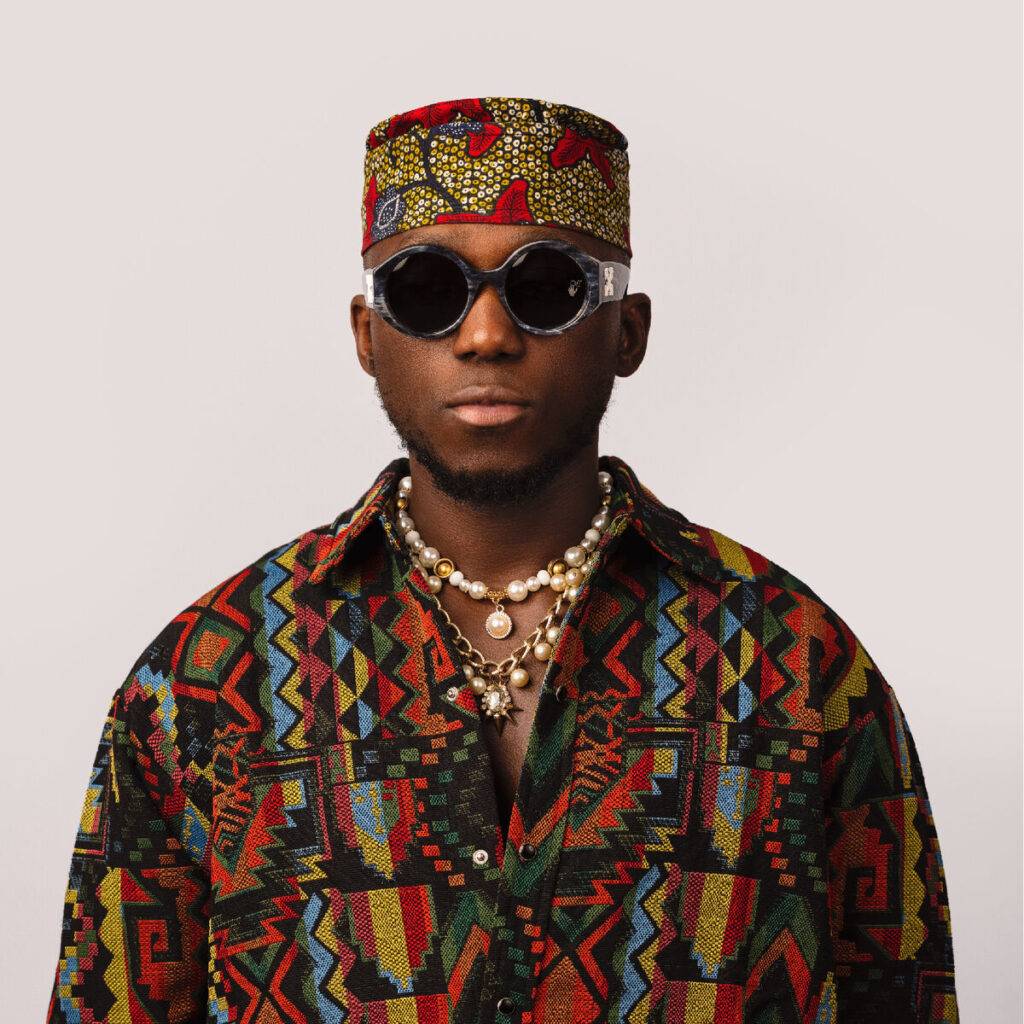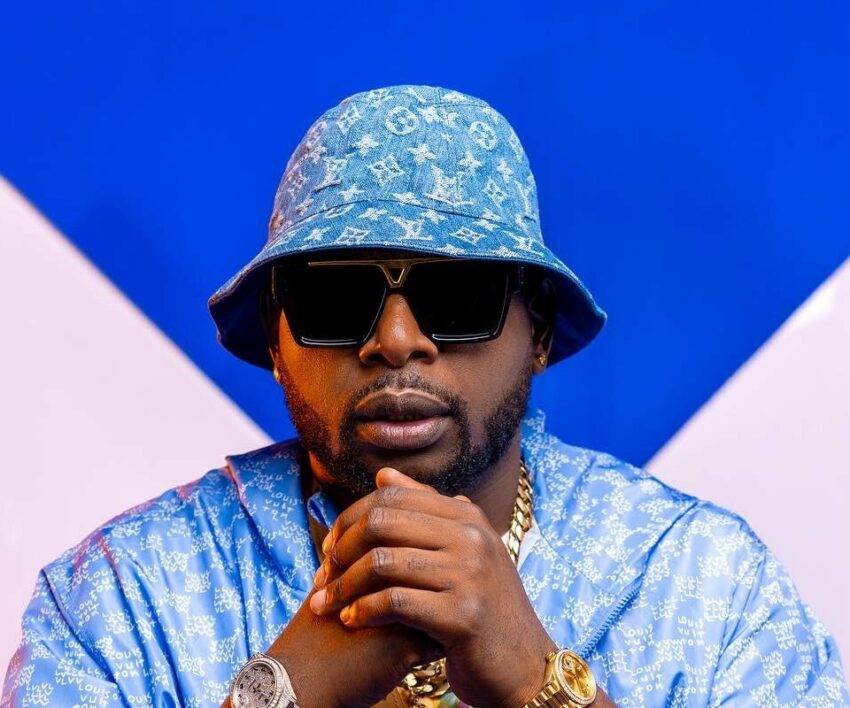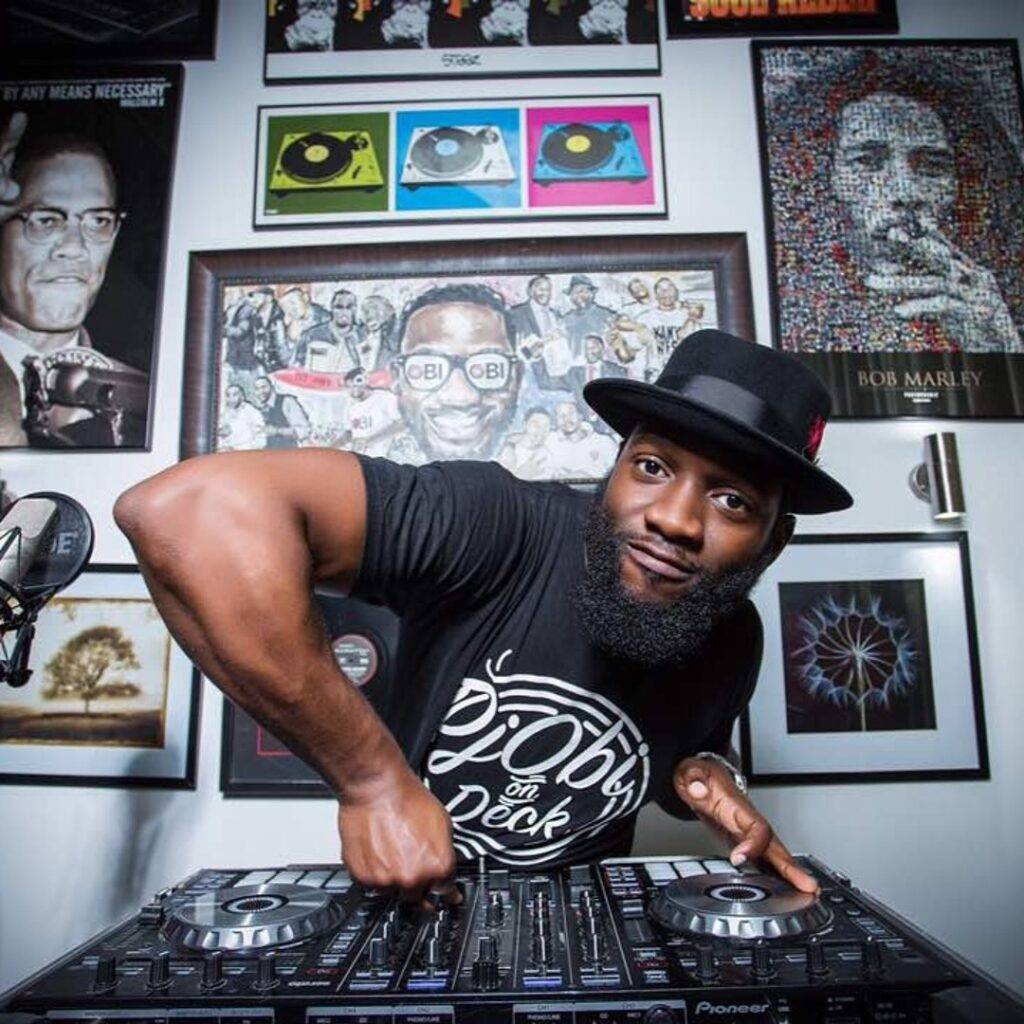Send Submissions To: inquiries@fourthavenew.com
African DJs: The Unsung Heroes of the Music Industry

When we talk about Africa’s explosive rise in global music conversations—Afrobeats dominating charts, Amapiano sweeping dancefloors, or Afro-fusion evolving into new sonic landscapes, artists tend to get the loudest applause. But behind every infectious record and every electric stage moment is another key player: African DJs. Often overlooked, Africa’s DJs are not just party starters—they are culture curators, tastemakers, and the engine rooms of the continent’s music ecosystems.
In cities from Accra to Johannesburg, Lagos to Nairobi, DJs are the life of the party. They don’t just play songs—they tell stories through sound. Their selection, mixing skills, and ability to read the room shape the very essence of nightlife and festival energy. Whether at a neighborhood street jam or an international arena, the DJ sets the tone.
In Ghana for instance, few names hold as much weight in DJ culture as DJ Black. A pioneer who’s been spinning since the 1990s, DJ Black was instrumental in championing local hip-hop, highlife, and hiplife on the airwaves and at events. From being the go-to DJ for the Ghana Music Awards to rocking stages with the likes of Sarkodie and M.anifest, he has helped elevate Ghanaian music onto international platforms, while mentoring younger talents across the country.

DJ Spinall is another giant of Nigeria’s DJ movement. Known for his signature cap and elite mixing skills, Spinall helped normalize DJ-produced albums in West Africa, collaborating with artists like Wizkid, Tiwa Savage, and Davido. His ability to merge Afrobeats with EDM and house has expanded the genre’s appeal across continents, and his touring résumé—Europe, the US, Africa—is a blueprint for future DJs.

Another DJ with an impressive touring resume is Black Coffee. Black Coffee’s rise from Durban’s underground scene to the biggest stages in Ibiza and New York is nothing short of legendary. As one of Africa’s most recognizable music exports, he’s been nominated and awarded internationally, including a Grammy win, and contributed to Drake’s 2022 released house album ‘Honestly Nevermind’ as an executive producer. Beyond his sleek house sets, Black Coffee represents how a DJ can become a brand, entrepreneur, and cultural ambassador.

South Africa’s DJ Maphorisa also embodies the modern DJ-producer hybrid. Known for blending house, gqom, and now amapiano, he’s been instrumental in shaping global perceptions of South African Amapiano music. Collaborations with Wizkid, Kabza De Small, and Drake have amplified the reach of southern African genres, showcasing how DJs are often the true musical architects behind many hit songs.

Dubbed “the princess of Amapiano,” Uncle Waffles exploded onto the scene in 2021 with viral videos of her high-energy performances. But behind the flashy sets is serious skill. In less than three years, she’s gone from viral sensation to global festival headliner—appearing on platforms like Coachella, BBC Radio 1, and Boiler Room—showing how female DJs are redefining the scene.

Finally, Nigeria’s DJ Obi made headlines in 2016 when he broke the Guinness World Record for the longest DJ set—240 hours non-stop. But his impact goes beyond endurance. Obi is a key player in shaping Nigeria’s club culture by building the go-to-spot for Lagos nightlife experience on Mondays with ‘Obi’s House’, pushing boundaries in how DJs use branding, social media, and fashion to build influence. He’s also a mentor, proving that DJs can lead as entrepreneurs and educators.

Today, DJs are no longer just behind-the-scenes players. They’re crossing into fashion, media, production, and global business. From launching radio shows and brand partnerships to organizing festivals and mentoring upcoming talent, African DJs are transforming how music is made, marketed, and experienced. With the rise of platforms like Boiler Room, TikTok, and Spotify, the visibility of African DJs is set to grow even more. As music becomes increasingly global, the world is waking up to the fact that DJs are the gatekeepers of culture. It’s high time we gave them their flowers—not just for moving the crowd, but for moving the culture forward.